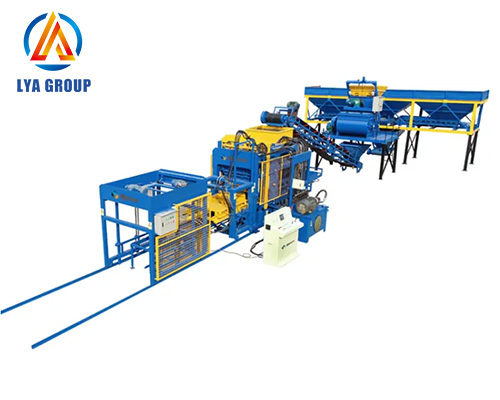Foam block making machine
News 2024хЙД2ц20цЅ 134

A foam block making machine is a specialized piece of equipment used to manufacture foam blocks, which are lightweight, insulating materials typically made from expanded polystyrene (EPS) or similar foam materials. These machines automate the process of molding and cutting foam blocks, increasing efficiency and consistency. Here are the key components and processes typically involved in a foam block making machine:
Raw material preparation: The production process starts with the preparation of the raw materials. This typically involves melting and expanding the polystyrene beads or granules, which are the primary material used in foam block production. The beads are typically fed into a pre-expander machine, where they are heated with steam to expand and fuse together.
Molding: The expanded polystyrene beads are then transferred to the foam block making machine, which includes a mold or formwork for shaping the foam blocks. The machine consists of a lower and upper mold, and the expanded beads are placed into the lower mold. The upper mold is brought down, and steam or hot air is applied to further expand the beads and fuse them together, forming a solid foam block.
Cutting: Once the foam block has solidified, it is cut into the desired size and shape. This can be done using a hot wire cutting machine or a sawing machine specifically designed for foam cutting. The cutting process can be automated to ensure precise and consistent dimensions of the foam blocks. Some foam block making machines may have integrated cutting mechanisms.
Quality control: Throughout the production process, quality control measures are implemented to ensure that the foam blocks meet the required specifications and standards. This can involve inspecting the raw materials, monitoring the expansion process, checking the dimensions and density of the foam blocks, and conducting tests for thermal insulation properties or other relevant characteristics.
Automation and control: Foam block making machines are often equipped with automation and control systems to manage and monitor the entire production process. This includes controlling the flow of materials, adjusting machine parameters, tracking production data, and ensuring safety measures are in place.
